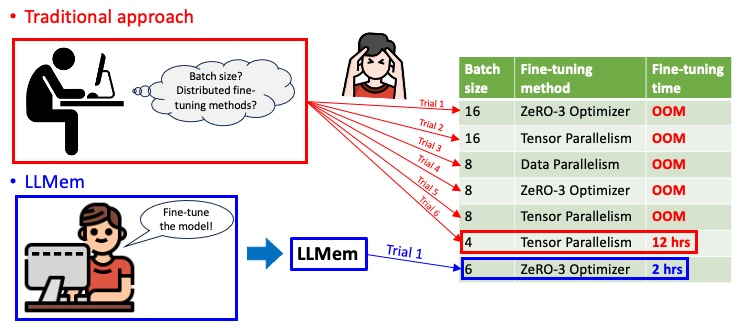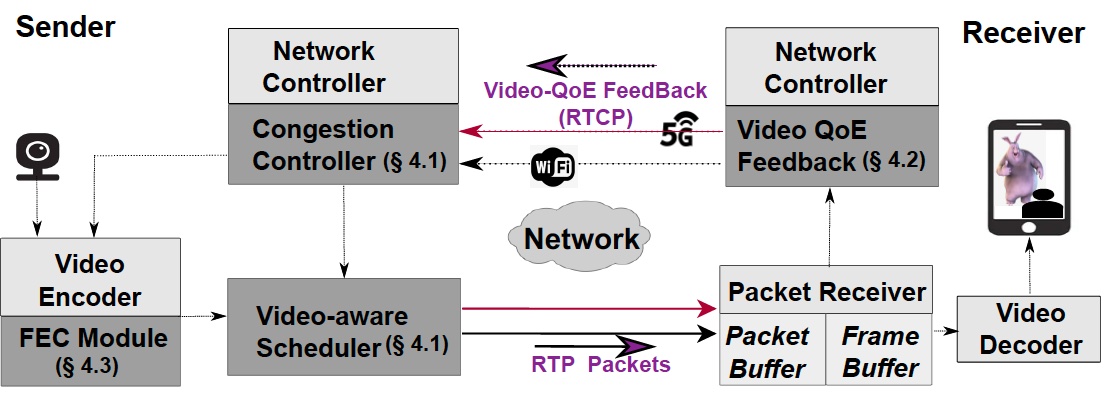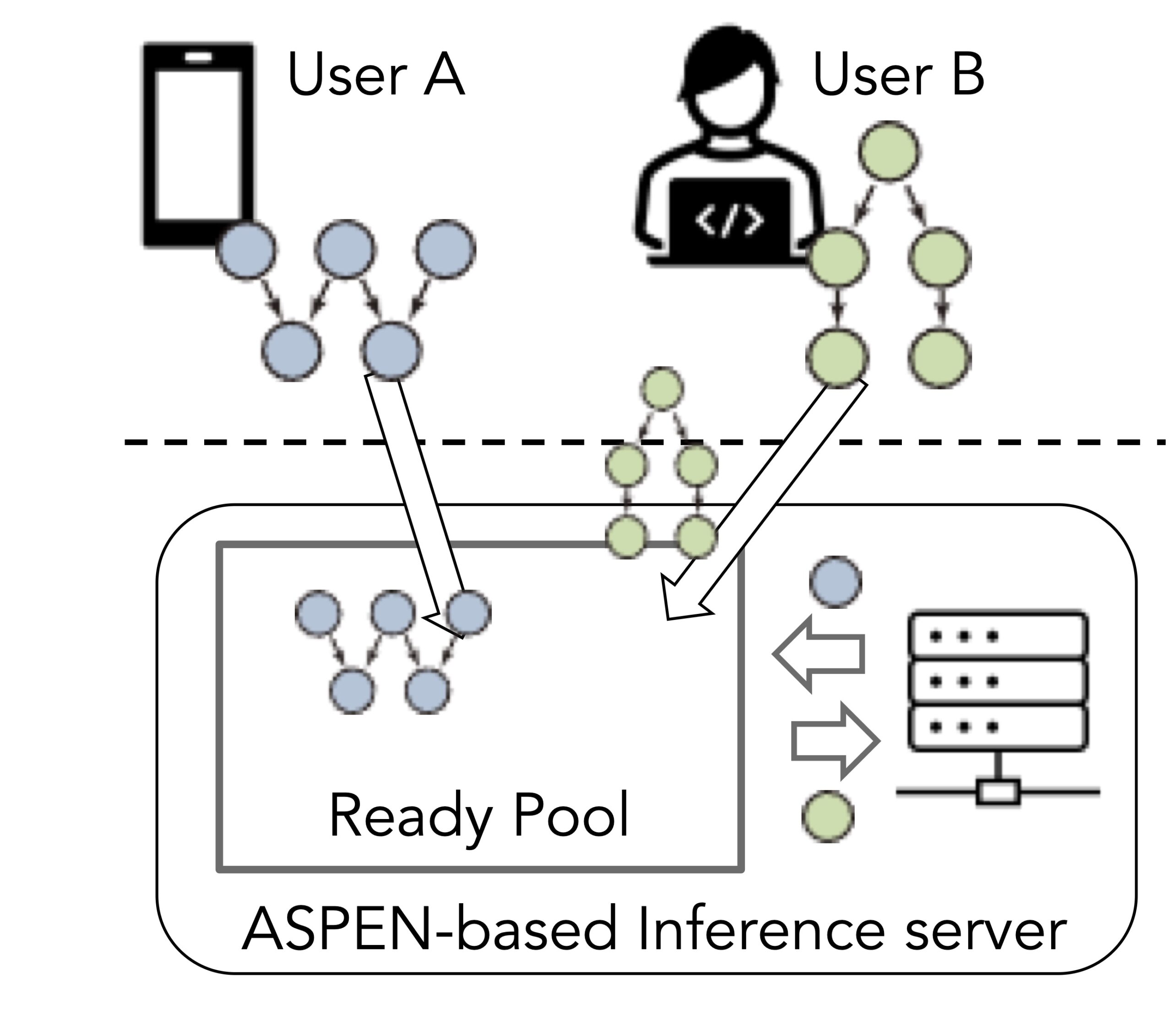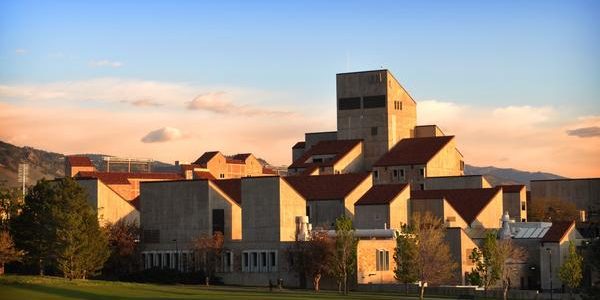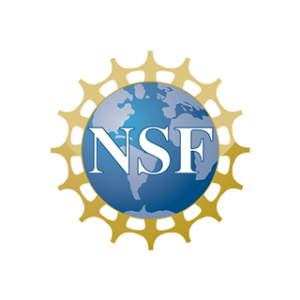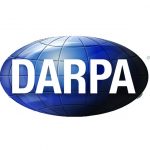The Internet Systems Lab (ISL) at the University of Colorado, led by Dr. Sangtae Ha, is researching all things having to do with the Internet. Our research focuses on building and deploying theory-inspired practical systems that span multiple disciplines, including practical machine learning and deep learning systems, networks and distributed systems, network optimization, cloud and edge computing, Internet protocols and algorithms, mobile systems, wireless and cellular networks, and storage systems. The ISL is located at the engineering building (ECCR1B05) and is part of the Computer Systems Group at the University of Colorado Boulder.
Lab News
- Jul. 13, 2025: QCON and ExpressSFU have been accepted for publication at USENIX NSDI 2026.
- Apr. 4, 2025: DeltaStream has been accepted at ACM MobiSys 2025.
- Jan. 7, 2025: N-epitomizer has been accepted at IEEE/ACM Transactions on Networking 2025.
- Dec. 30, 2024: NeuroBalancer has been accepted at IEEE Transactions on Mobile Computing 2025.
- Jul. 26, 2024: Dr. Ha will be serving as TPC for ACM MobiCom 2025.
- Jun. 22, 2024: Dejavu has been accepted at IEEE MASS 2024 (30 out of 109 = 27.5% acceptance rate).
- Apr. 16, 2024: LLMem has been accepted as a long talk in IJCAI 2024 (791 out of 5651 = 14.0% acceptance rate and long talks are in the top 2.27%).
- Jan. 1, 2024: Dr. Ha will be serving as a Program Co-chair for IEEE MASS 2024 , which is scheduled to take place from September 23 to 25, 2024, in Seoul, South Korea.
- Jan. 1, 2024: Dr. Ha will be serving as TPC for ACM CoNEXT 2024 and IEEE ICNP 2024.
- Nov. 30, 2023: Exstream has been accepted at IEEE INFOCOM 2024 (256 out of 1307 = 19.58% acceptance rate).
- Nov. 16, 2023: Sandesh successfully defended his Ph.D. dissertation titled “Multipath Transport Protocols for Real Time Communications Systems.”
- Sep. 30, 2023: A comprehensive study showing the efficacy of wearable sleep aid device featuring closed-loop real-time acoustic stimulation has been accepted at Scientific Reports.
- Sep. 21, 2023: ASPEN, a framework that breaks operator barriers for efficient parallelization of DNNs has been accepted at NeurIPS 2023. (26.1% acceptance rate).
- Aug. 11. 2023: CUBIC became the Proposed Standard, and its specification was published as RFC 9438 by the IETF.
- Jul. 25, 2023: ENTRO, an approach tackling encoding and networking tradeoff, has been accepted at ACM Multimedia 2023. (902 out of 3072 = 29.3% acceptance rate).
- May. 17, 2023: Converge, a QoE-aware multipath webrtc, has been accepted at ACM SIGCOMM 2023. (71 out of 323 = 21.9% acceptance rate).
- Apr. 10, 2023: Two papers have been accepted at IEEE ICDCS 2023 (83 out of 439 = 18.9% acceptance rate).
- Feb. 24, 2023: Our semi-supervised learning with network embedding for geofencing services has been accepted at IEEE ICDE 2023.
- Jul. 9, 2022: Our paper on a compiler-informed pruning called CPrune has been accepted at ECCV 2022 (1650 out of 5803 = 28% acceptance rate).
- Jun. 30, 2022: Our paper on applying RL to video conferencing has been accepted to ACM Multimedia (MM) 2022 (690 out of 2473 = 27.9% acceptance rate).
- Apr. 4, 2022: Our paper on floor identification using crowdsourced RF signals with graph embedding has been accepted at IEEE ICDCS 2022 (114 out of 573 = 22.6% acceptance rate).
- Mar. 2, 2022: Our paper on efficient translation variant convolution for layout-aware visual processing has been accepted at CVPR 2022 (2067 out of 8161 = 25.33% acceptance rate).
- Dec. 3, 2021: Our paper on optimizing edge computing migrations for user mobility has been accepted at IEEE INFOCOM 2022 (225 out of 1129 = 19.9% acceptance rate).
- Aug. 13, 2021: Zhang successfully defended his Ph.D. dissertation titled “Accelerating Distributed Systems with Programmable Network Devices and Reusable Network Primitives.”
- Jul. 5, 2021: Our paper titled “Demystifying Commercial Video Conferencing Applications” has been accepted at ACM Multimedia (MM) 2021.
- Jun. 28, 2021: Our reinforcement learning-based DVFS received the Best Paper Award at ACM MobiSys’21. This is our second Best Paper Award from ACM MobiSys (MobiSys’19 and MobiSys’21)
- Jun. 27, 2021: Our paper titled “Scalable and modular wireless-network infrastructure for large-scale behavioral neuroscience” has been accepted at Nature Biomedical Engineering.
- Apr. 28, 2021: US Patent #10990435 “Virtual redundancy for active-standby cloud applications” has been granted.
- Apr. 13, 2021: Joon Kwon successfully defended his M.S. thesis titled “An In-depth Analysis of Open-source 5G Core Networks.”
- Apr. 13, 2021: Youngjin Ko successfully defended his M.S. thesis titled “DeepScanner: A Deep Learning-based Stud Finder Exploiting Real-Time Sound In A Smartphone.”
- Mar 25, 2021: Our paper on Learning-based DVFS has been accepted at ACM MobiSys 2021.
- Mar 18, 2021: Our paper on securing the Wireless Emergency Alerts (WEAs) will appear at the Communications of the ACM (CACM) 2021.
- Feb 10, 2021: Using client inference in multipath TCP over multiple cellular networks has been accepted to IEEE Communications Magazine.
- Dec 11, 2020: Generating an efficient miss rate approximation for multi-tier caching has been accepted to USENIX FAST’21.
- Dec 10, 2020: Programmable DOCSIS 4.0 has been accepted at IEEE Transactions on Network and Service Management (TNSM).
- Jun 9, 2020: Epileptic Seizure survey has been accepted at Frontiers in Neurology.
- May 29, 2020: Parisa successfully defended her Ph.D. dissertation titled “Network-Aware Resource Provisioning for Heterogeneous Applications.”
- May 14, 2020: Ibrahim successfully defended his Ph.D. dissertation titled “Demystifying the Rate Adaptation Algorithms in Internet Video Applications.”
- Mar. 31, 2020: P4EC has been accepted at HotEdge’20.
- Mar. 13, 2020: SPARCLE and FluidMem have been accepted at IEEE ICDCS 2020 (18% acceptance rate).
- Mar. 6, 2020: PERCEIVE has been accepted at ACM MobiSys 2020 (19.4% acceptance rate).
- Feb. 11, 2020: US Patent #10560389 “Method and Apparatus for Controlling Send Buffer of Transmission Control Protocol in Communication System” has been granted.
- Jan. 14, 2020: Our paper “This is Your President Speaking: Spoofing Alerts in 4G LTE Networks (MobiSys’19)” is selected as SIGMOBILE Research Highlights. Congratulations all!
- Jan. 14, 2020: US Patent #10536584 “System and Methods for Time Deferred Transmission of Mobile Data” has been granted.
- Sep. 17, 2019: US Patent #10417035 “Virtual redundancy for active-standby cloud applications” has been granted.
- Aug. 5, 2019: Youngbin joins UNIST Computer Science & Engineering as an Assistant Professor in August of this year.
- Jul. 19, 2019: Optimal Protocol Selection has been accepted at IEEE ICNP 2019 as a short paper (19.3% acceptance rate).
- Jul. 2, 2019: US Patent #10339822 “System and method for automated course individulization via learning behaviors and natural language processing” has been granted.
- Jun. 20, 2019: Presidential Alerts Are Not Secure. Our research shows that it is possible for a physically-proximate attacker to spoof Wireless Emergency Alerts, including Presidential alerts, AMBER alerts, and other imminent threat alerts to cell phones within range. This vulnerability is covered by different media outlets. [CU Boulder Today][BBC][CNET][Engadget][Gizmodo][TechCrunch][TechXplore][Digital Trends][Weather Channel][Daily Camera][Irvine Observer][Z6MAG][Help Net Security] and many more.
- Jun. 19, 2019: “This is Your President Speaking” received the Best Paper Award at ACM MobiSys’19.
- Mar. 29, 2019: ECHO has been accepted at IEEE ICDCS 2019 (19.6% acceptance rate).
- Mar. 4, 2019: CASTLE over the Air accepted at ACM Mobisys 2019 (40 out of 172 = 23.2% acceptance rate).
- Mar. 4, 2019: This is Your Present Speaking accepted at ACM Mobisys 2019 (40 out of 172 = 23.2% acceptance rate).
- Dec. 20, 2018: ELEMENT has been accepted at EuroSys 2019 (45 out of 207 = 21.7% acceptance rate). Congratulations! Youngbin and Parisa.
- Nov. 19, 2018: Our proposal on low latency streaming was recently awarded by Cisco Systems.
- Sep. 9, 2018: ExLL has been accepted to ACM CoNEXT 2018 (32 out of 185 = 17.3% acceptance rate). Congratulations! Jinsung and Jihoon.
- Aug. 1, 2018: CUBIC was recently adopted by Microsoft as the default TCP congestion control algorithms for Windows 10 and Windows 2019 for “improved performance on Windows 10 thanks to CUBIC” and “a faster and safer Internet” in 2018. CUBIC has already been adopted by Linux and Apple’s macOS/iOS.

